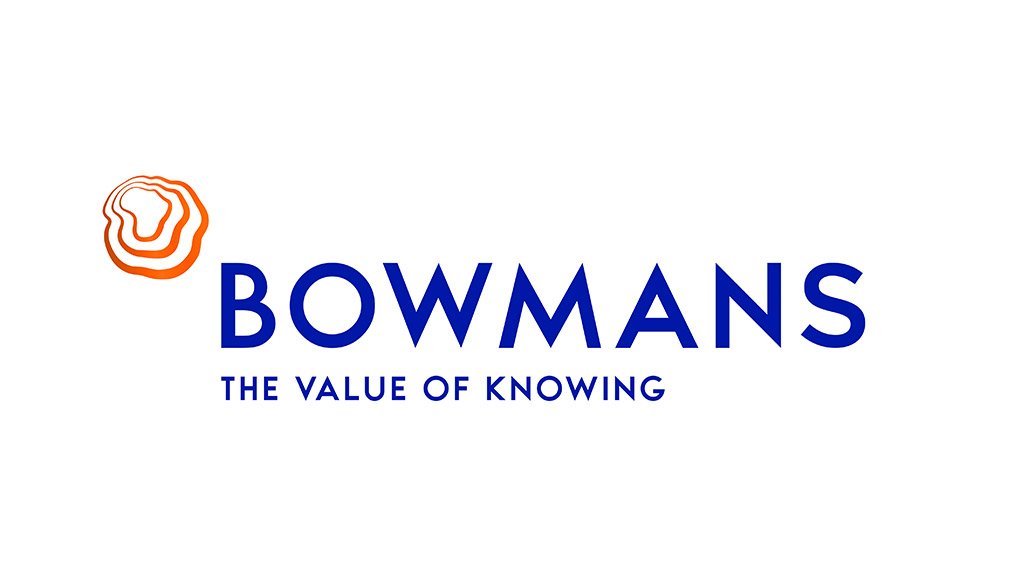During the 21-day lockdown period, mining operations in South Africa will scale down significantly. The effect on deep-level mines will probably be most significant as coal mines supplying Eskom will continue to operate, albeit at a reduced level.
According to the Mineral Resources and Energy Minister Gwede Mantashe, production in the gold, chrome, manganese and other sectors will be scaled down, while the processing of surface material in the platinum-group-metals sector will continue to a certain extent. The mines will hence be forced into care and maintenance operations for the duration of the lockdown period to ensure their workings do not deteriorate significantly.
It has also been proposed that certain of the mine hostels be converted to quarantine facilities.
So what does all of this mean for taxpayers in the mining sector?
Certain tax incentives have been announced, one of which is the incentives claimed by taxpayers under the Employment Tax Incentive (ETI) programme,
Generally, the mines do not benefit from the incentives allowed under the ETI programme due to the salaries exceeding the ETI threshold of ZAR 6 500 per month. The COVID-19 tax measures now provide for a monthly benefit of ZAR 500 per employee, irrespective of whether an ETI was previously claimed and whether the employee is eligible for the ETI as a result of his/ her age. Taxpayers in the mining industry need to assess these revised benefits, but it is unlikqely that unless the threshold for claiming the incentives is adjusted, the mining industry will benefit from this dispensation.
Generally, during a period of non-production, mining companies are allowed to capitalize all expenditure on development, general administration and management. This will include any interest and other charges payable on loans utilized for mining purposes. This means that even expenditure of a non-capital nature may form part of ‘capital expenditure’ as defined in section 36(11) of the Income Tax Act during such period of non-production. The benefit of claiming a deduction is therefore deferred until production commences again and income is generated from mining operations. Mining companies will need to carefully consider the impact on calculating their ‘capital expenditure’ during the lockdown period.
Most importantly, a company is still considered to carry on mining operations during such period of non-production, which means it would still be entitled to the normal tax benefits granted.
The impact for gold mines extends beyond the question as to what costs can be capitalized for tax purposes as ‘capital expenditure’. Gold mines will need to determine the impact on the calculation of the indexation allowances. Gold mines are furthermore taxed based on a formula which takes into account the profitability of the mine. Where profit margins are below 5% (generally referred to as the tax tunnel), tax relief is provided. We may potentially see more gold mines reaching this tax threshold as a result of the non-production during the lockdown period.
The Income Tax Act further allows for mining companies to claim tax allowances on housing and other infrastructure generally constructed for the use by its employees or the immediate community, such as schools, hospitals etc. (see section 36(11)(d) of the Income Tax Act).
If certain of the infrastructure is converted to quarantine facilities, mining companies will need to consider whether this could potentially impact the criteria for claiming the tax allowances on mining infrastructure allowed for under section 36(11)(d) of the Income Tax Act, especially to the extent that these facilities will not be used by the company’s employees.
Written By Adéle de Jager, Tax Executive, Bowmans
EMAIL THIS ARTICLE SAVE THIS ARTICLE ARTICLE ENQUIRY
To subscribe email subscriptions@creamermedia.co.za or click here
To advertise email advertising@creamermedia.co.za or click here











